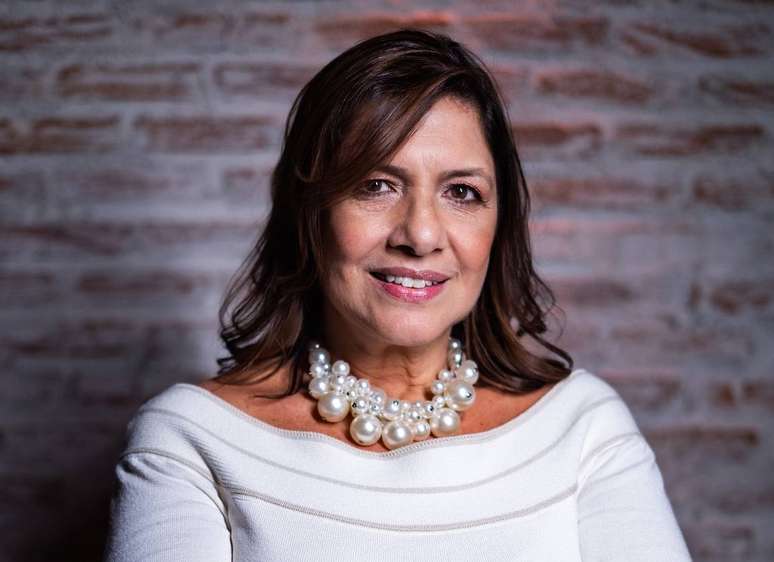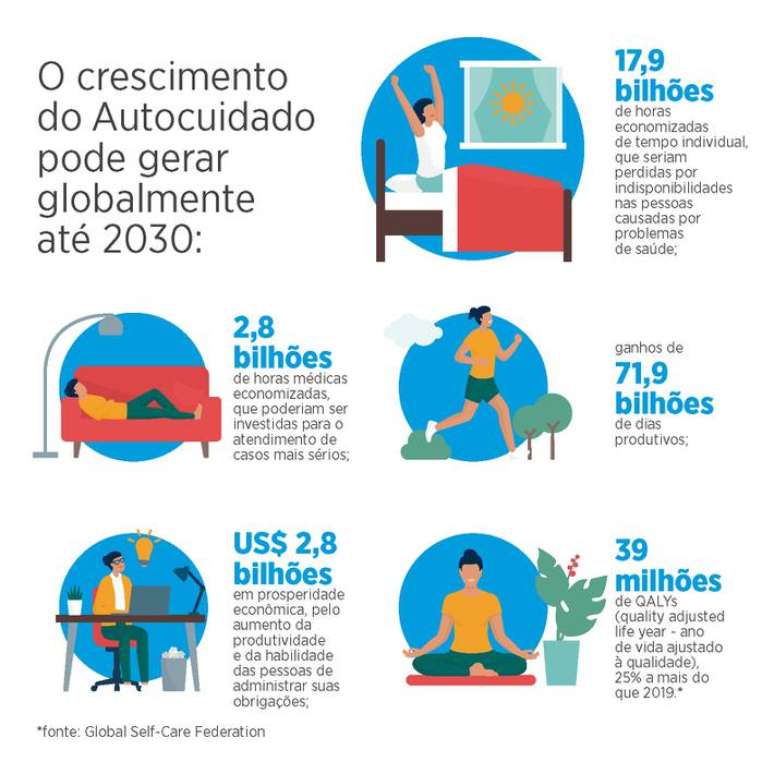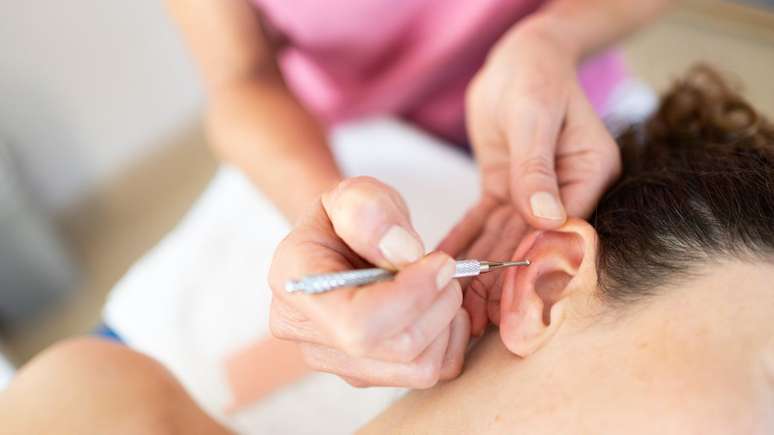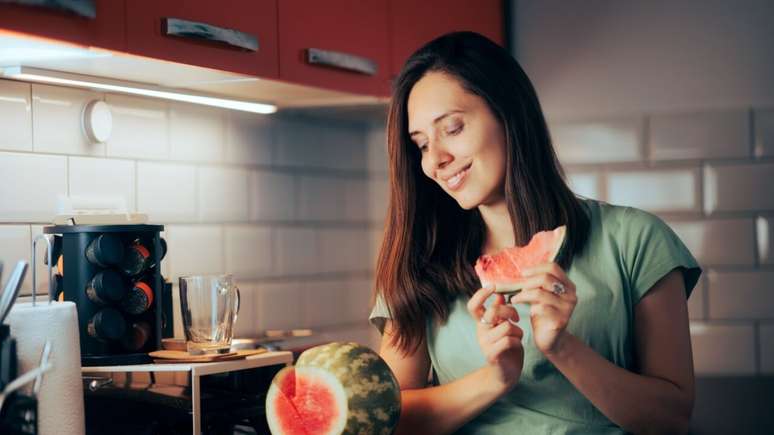Personal care practice could generate approximately $178.8 billion in global cost savings by 2030
When someone takes proper care of their health, they are doing themselves and society good, as they contribute to ensuring the sustainability of public and private systems. This is the central message of the work carried out since 2014 by the Brazilian Association of the Health Self-Care Products Industry (Accessa), formerly the Brazilian Association of the Exempt Medicines Industry (ABIIP).

Self-care is based on seven pillars established by the World Health Organization (WHO). The first is the rational use of health products and services. Among the most important actions in this sense is the conscious and knowledgeable use of Over the Counter Medicines (OIM), those that can be purchased without a prescription to treat daily symptoms such as headaches, fever, heartburn, nausea and cough.
“Self-medication consists of using an MIP, following the directions on the package leaflet and labeling. This practice cannot be confused with self-prescribing, which is harmful and consists of the use of medicines with red or black stripes, from alone, without indication from a doctor”, underlines Marli Martins Sileci, executive vice president of Acessa.
Thus, when people maintain proper self-care practices, MIPs emerge as the first option to address common symptoms, which they already know about and know what to do to alleviate them. Marli points out, however, that you need to see a doctor when symptoms persist longer than usual. “Self-care is directly related to self-knowledge.”
deconstructed myths
Acessa works to deconstruct myths about self-medication, reinforcing that there is a safe level for the person to take the first steps against certain symptoms, as long as these actions are well informed. To fulfill this mission, the association has established partnerships with universities, pharmaceutical councils, retail and industry bodies, and regulatory bodies.
“The adoption of the seven fundamental pillars of self-care is the way to protect people and, at the same time, reduce the demand on the healthcare facility and the consequent economic impacts”, underlines Marli. To spread this awareness among the population, Legislative Decree (PL) 3.099/2019 is being drafted which establishes 24 July as National Self-Care Day, already celebrated in other countries. The date was chosen because, in numerical format, 24/7, it refers to the idea of permanent habits, which must be maintained 24 hours a day, seven days a week.
According to the Socioeconomic Survey of Self-Care – The Global Socio-Economic Value of Self-Care 2022, encouraging self-care can generate global cost savings of approximately $178.8 billion by 2030. This value includes the economy with more expensive treatments, such as doctor visits, hospital stays and the purchase of prescription drugs.
Part of a collaborative plan with WHO, the survey was produced by the Global Self-Care Federation (GSCF), which brings together regional and national associations, manufacturers and distributors of over-the-counter (OTC) medicines . Brazil is represented at the GSCF by Acessa.
productive hours
Another relevant point highlighted by the study are the billions of individual hours that can become productive through self-care, at both ends of the process – both for people experiencing symptoms and for medical professionals, who would thus have more time to spend to complex cases. In 2030, in a scenario of widespread adoption of self-care around the planet, average working hours could grow by 17% compared to 2019. As a result, the Quality Adjusted Life Year index (QALYs), which refers in one year entirely enjoyed in perfect health, it would grow by 25% in the same period.
Brazil has a lot of room to evolve in terms of self-care. Evaluating a number of national indicators, the survey classified 155 countries into three groups. Group A gathered 41 countries where self-care is more advanced, while group B, which included Brazil, grouped 60 countries at an average level. The 54 countries in group C are the ones where self-care is least developed.

+The best content in your email for free. Choose your favorite Terra newsletter. Click here!
Source: Terra
Ben Stock is a lifestyle journalist and author at Gossipify. He writes about topics such as health, wellness, travel, food and home decor. He provides practical advice and inspiration to improve well-being, keeps readers up to date with latest lifestyle news and trends, known for his engaging writing style, in-depth analysis and unique perspectives.








